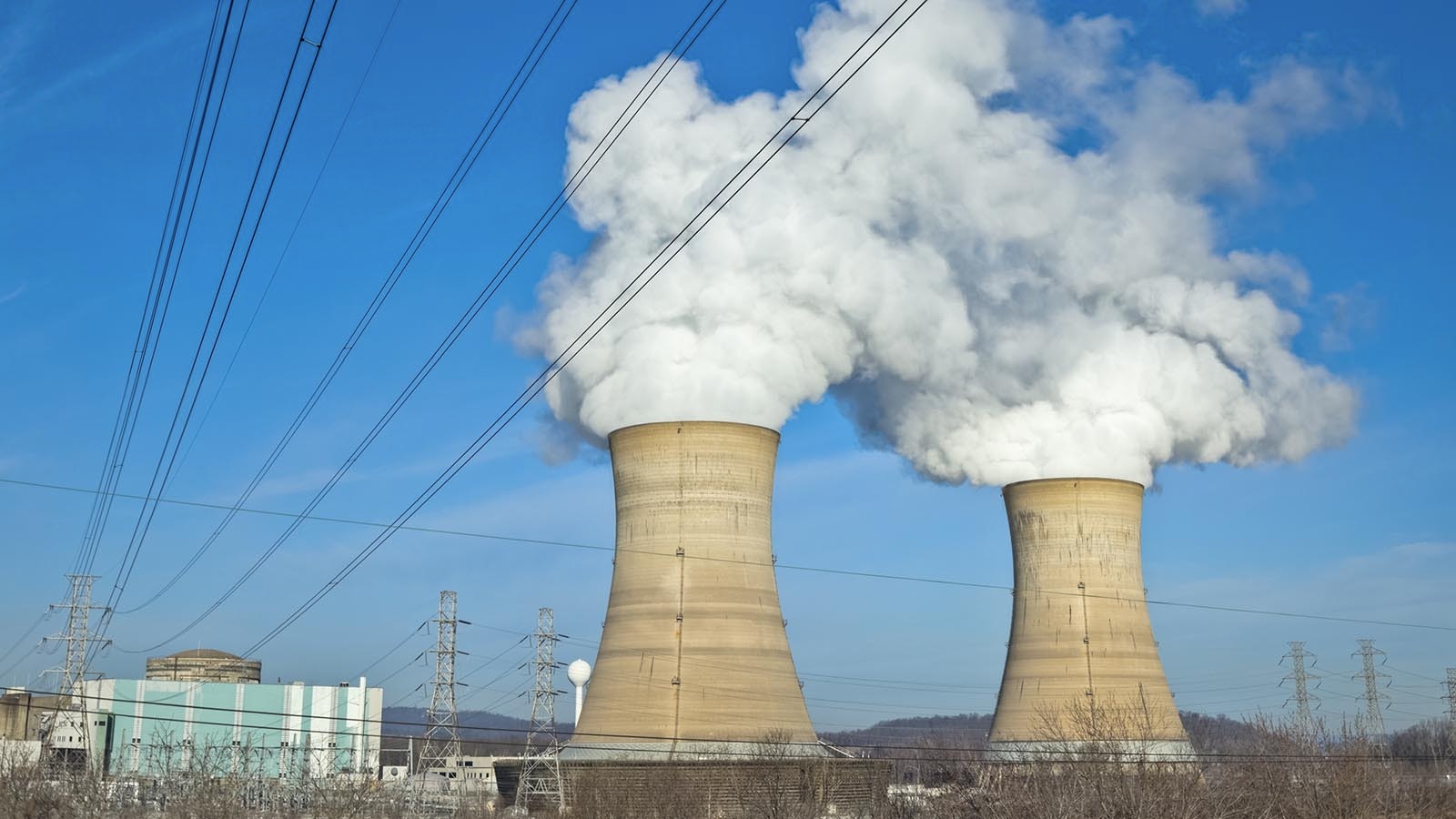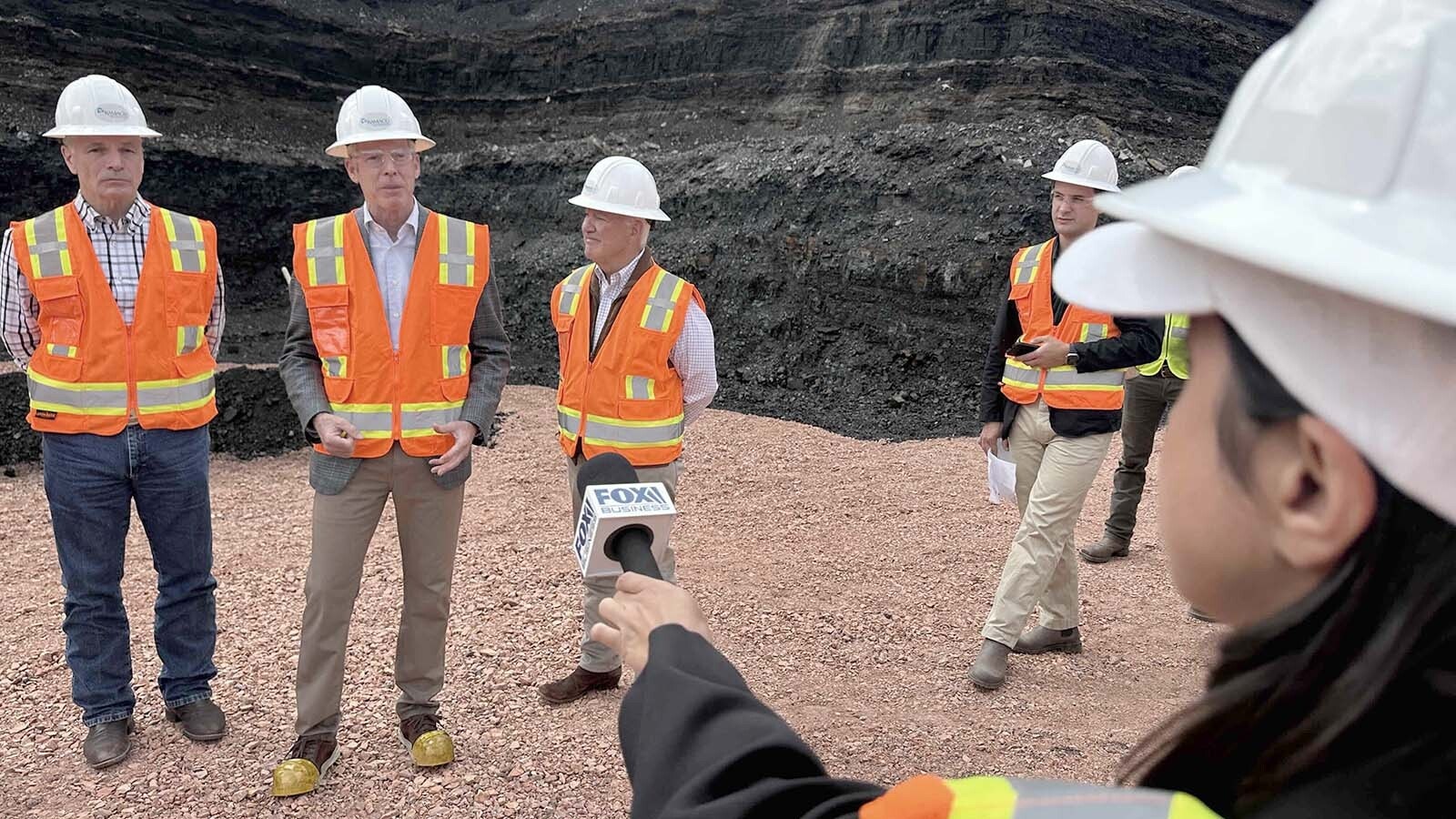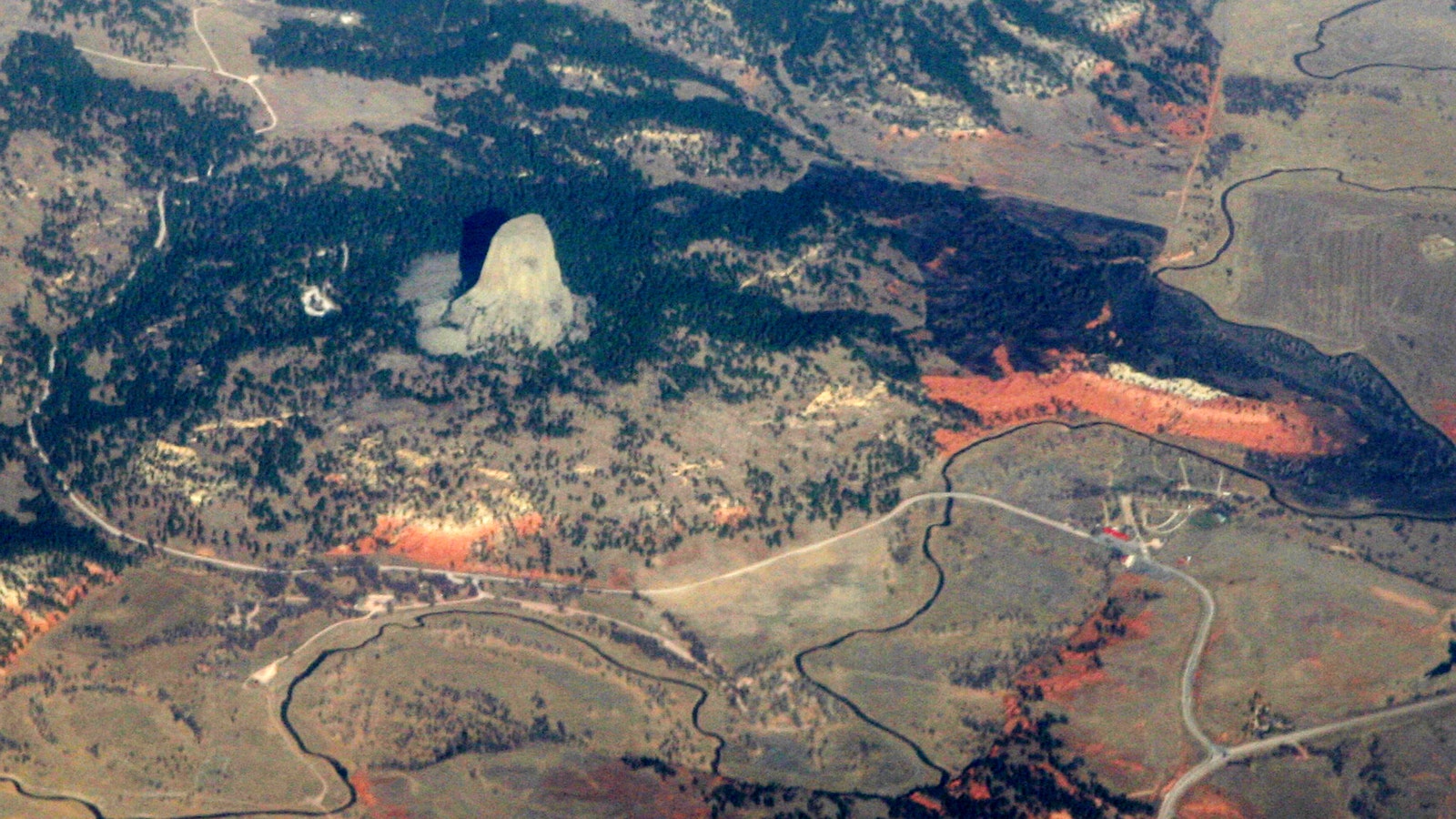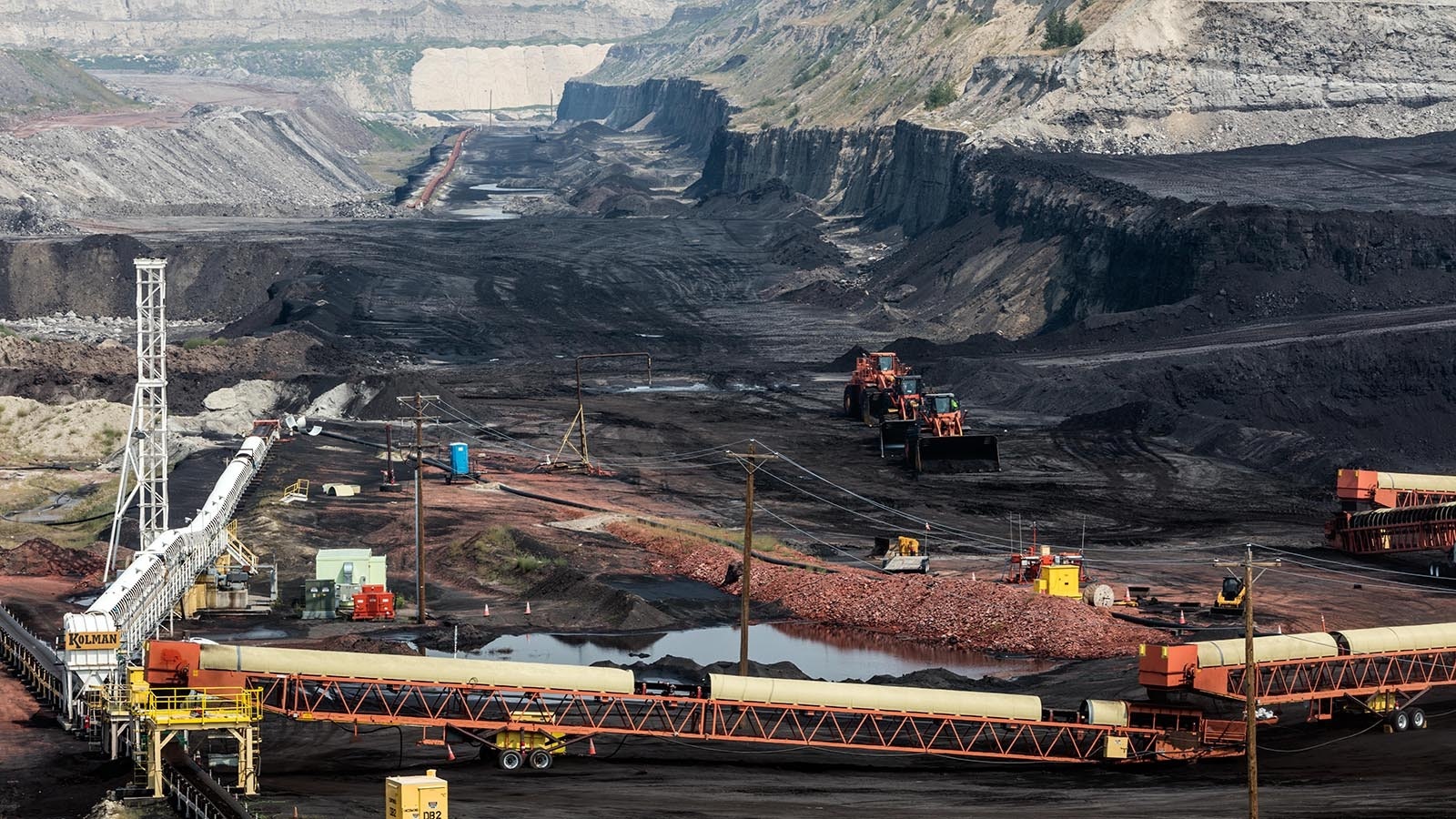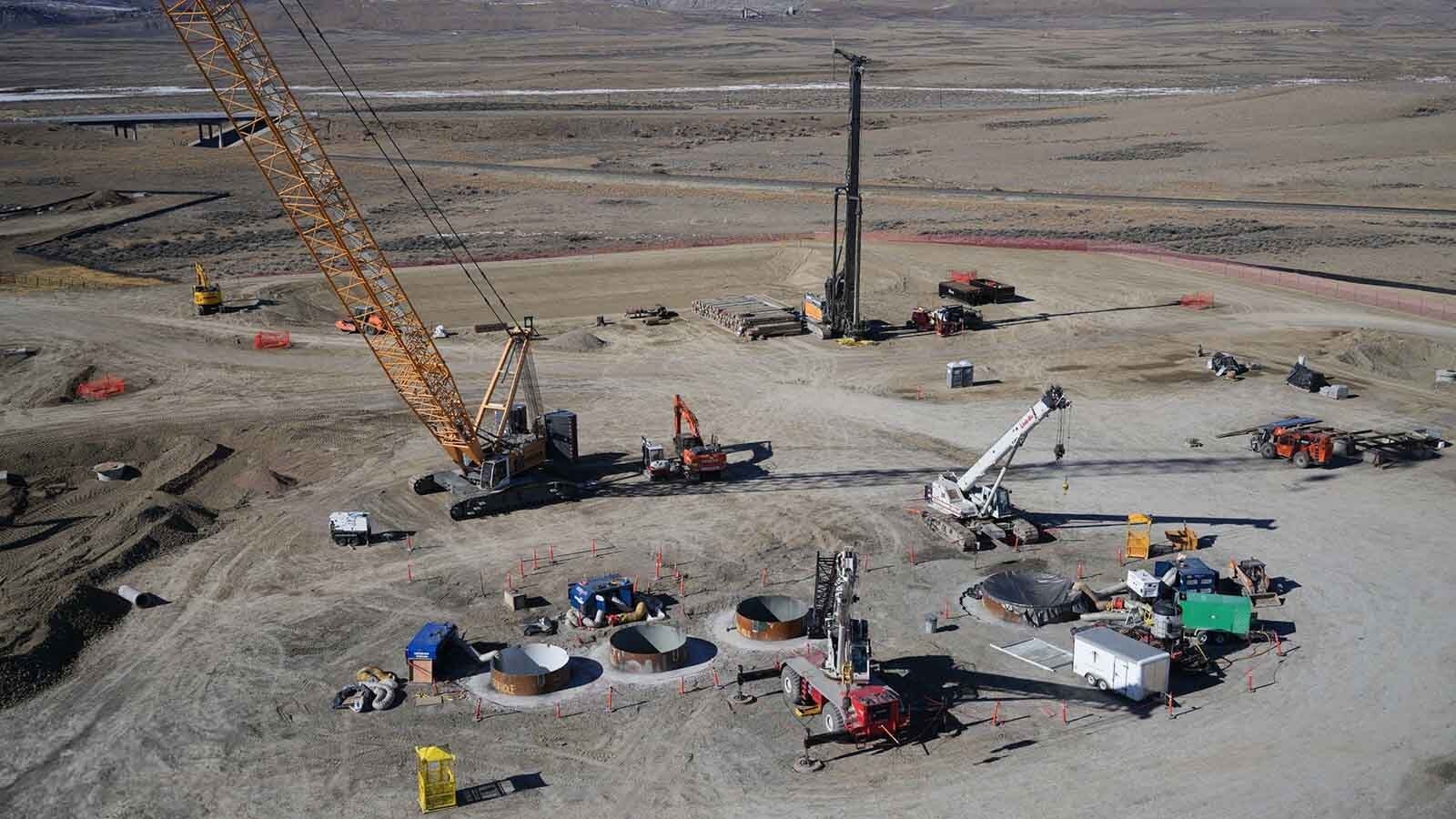The Environment Social Governance (ESG) movement has quietly had an enormous financial impact on the coal, oil and gas industries and, by extension, Wyoming’s bottom line.
ESG, also known as “sustainable investing,” is a controversial and well-used tool that financers use to measure key factors of potential investments based on corporate policies and ethical impacts of a company’s behavior such as its carbon footprint and contributions to climate change.
“It’s way more real than anyone in Wyoming as a whole, other than maybe the bankers, understand,” Ogden Driskill, R-Devils Tower, told Cowboy State Daily.
While the impacts from climate change are a big part of the ESG scores that have impacted fossil fuel investments, ESG has never viewed nuclear energy favorably, even though it doesn’t produce carbon dioxide emissions.
As Wyoming explores nuclear energy, there’s concern that ESG may limit its potential as well.
United Nations Origins
ESG incorporates many factors in how it rates companies, including equal pay for women and equal representation on corporate boards, in addition to greenhouse gas emissions and environmental sustainability.
Betsy Atkins, an entrepreneur and corporate governance expert, said ESG first appeared in a 2006 United Nations report on responsible investing.
Writing in Forbes, Atkins explains that it was the first time ESG criteria was to be required as part of financial evaluations of companies. In 2006, 63 investment companies with $6.5 trillion in assets under management signed onto ESG commitments. By 2019, that number jumped to 2,450 companies representing more than$80 trillion in assets.
50% Decline
Amrita Sen, director of research and co-founder of Energy Aspects, wrote in Financial Times last year that the movement has resulted in a 50% decline in oil and gas exploration investments between 2011 and 2021.
The impact of ESG has become so pronounced that some Wyoming lawmakers have attempted to limit its influence.
Last spring, the Minerals, Business and Economic Development Committee debated a bill that would have prohibited banks and other lenders from considering ESG in their lending practices.
Sen. Bo Biteman, R-Ranchester, sponsored the bill and likened ESG to social credit scores that the Chinese government hands out to its citizens, which has enormous impacts on their social and economic opportunities. Biteman’s bill died in committee.
Biteman didn’t respond to requests for additional comment.
Potential To Impact Other Areas
Driskill, who co-sponsored the bill, said he heard representatives of oil companies at the Energy Council annual meeting in Texas last month talking about the harm the movement has done to their companies. Driskill said he worries ESG, as it’s done with fossil fuels, will begin impacting agricultural investments as well.
“This is a trend that’s terrifying if you’re a natural resource producer,” Driskill said.
Wyoming isn’t the only state pushing back against ESG. Asset-management giant Blackrock Inc. has long been a vocal champion of ESG. Louisiana’s treasurer wrote a letter to Blackrock’s CEO stating that ESG would “destroy” the state’s economy, and so Louisiana would be divesting itself of nearly $800 million from Blackrock’s investments.
Nuclear Opposition
While ESG gives nuclear energy high marks for zero-emission energy, nuclear companies get low marks for high water use, nuclear waste and safety.
Bill Gates-backed TerraPower is building an advanced nuclear reactor near Kemmerer.
The company declined to comment about ESG, but the company’s marketing materials bill its Wyoming project as potentially providing enough energy for 400,000 homes, entirely without CO2 emissions. The reactor uses a comparable amount of water as conventional reactors and about the same as a coal-fired power plant. It also is safer than conventional reactors.
According to TerraPower, the nuclear waste can be stored safely on site in dry casks that can withstand everything from earthquakes to projectiles. More than 100 sites throughout the U.S. use the same system without any safety or environmental contamination.
According to the Nuclear Energy Institute, all of the nuclear waste produced by the commercial nuclear industry since the late 1950s would fit on a football field to the height of a three-story building.
‘Jane Fonda Caused Global Warming’
Opposition to nuclear energy flourished in the 1970s, when “The China Syndrome,” starring Jane Fonda, was released. The movie portrays a nuclear power plant coming close to a core meltdown as a result of a reckless owner driven by greed. A couple weeks after its release, the nuclear accident at Three Mile Island occurred.
Although no one died in the accident, the combination of a popular movie and a sensational news event cemented opposition to nuclear power.
Rep. Dave Miller, a Riverton Republican, co-sponsored the 2020 bill that allows gas- and coal-fired power plants to replace their generators with small nuclear reactors like the one TerraPower is building.
Miller told Cowboy State Daily that, in the 1970s, 250 nuclear power plants were ordered prior to “The China Syndrome” and Three Mile Island accident.
If those nuclear power plants had been built, about 50% of America’s electricity would come from nuclear power today, Miller said. Currently, 97 are operating and produce about 20% of the electricity Americans consume.
Instead, coal-fired generation, which produces high amounts of CO2, became America’s dominant energy source.
In essence, Miller joked, “Jane Fonda caused global warming.”
Tradeoffs
E&E News reports that the ESG movement was originally guided by the idea that addressing climate change could be done entirely with wind and solar. Driven by nuclear advocates, there is growing acceptance that nuclear energy will need to be part of the nation’s climate change solution.
Whether or not ESG will continue dinging companies that invest in nuclear energy remains to be seen.
University of Wyoming energy economist Robert Godby said that all energy sources have tradeoffs.
“When we look at studies of how you’re going to deal with climate change, and you look at energy policy under different scenarios, all scenarios are very difficult. You can’t do this with renewables alone,” Godby said.
One of the big tradeoffs with wind and solar, Godby explained, is you get carbon-free electricity but with a lot of land. It’s not just the wind and solar farms, but because the sources rely on weather, the energy has to be transported from where good weather is happening to where the energy is being consumed. That means a lot of land for transmission lines.
“While some people may have a preference over certain development paths or others. Those choices have to be made with an eye towards all of the tradeoffs,” Godby said.

